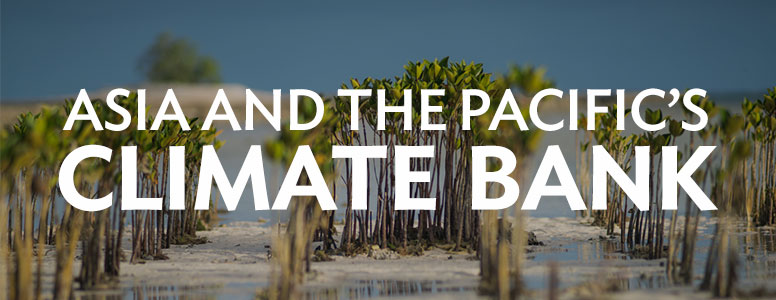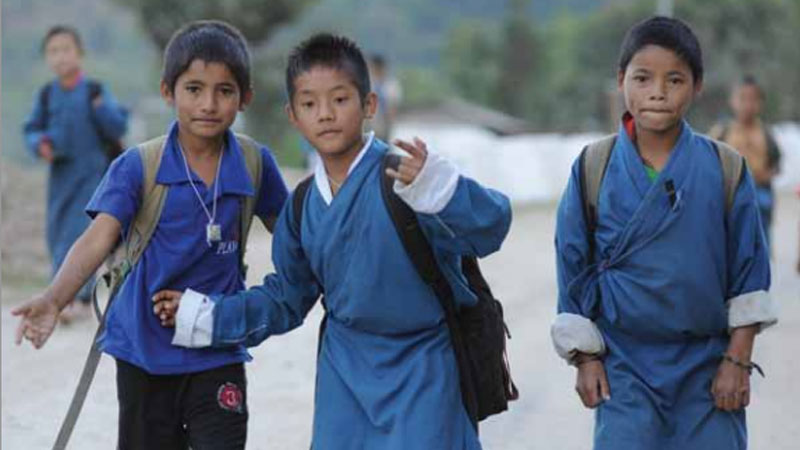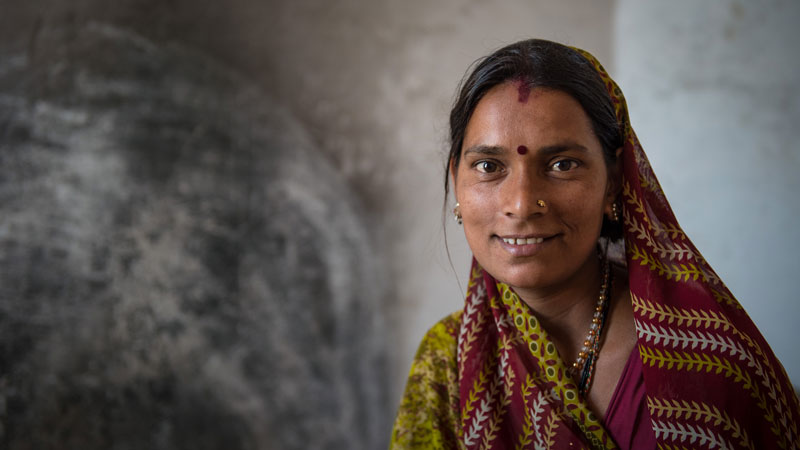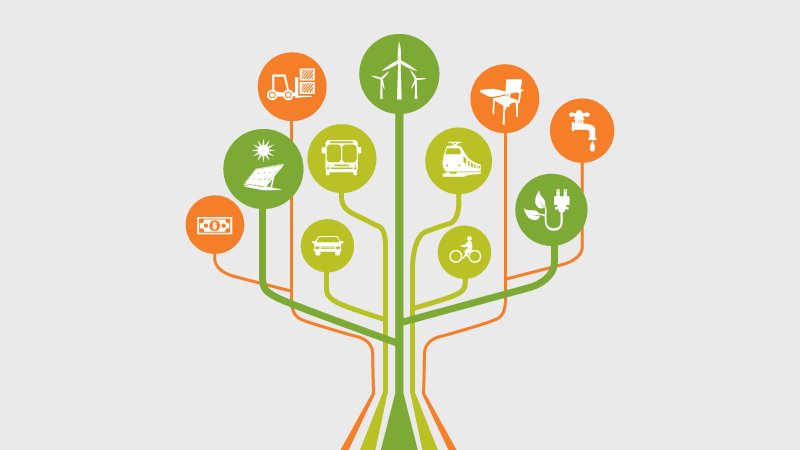Project Results and Case Studies
Highlights of successful ADB projects and case studies on how to achieve their targets.
-
Together We Deliver
Together We Deliver highlights successful ADB projects across Asia and the Pacific that demonstrated development impacts, best practice, and innovation.
-
Gender Case Studies
Gender Case Studies provide an overview of gender issues, design features, and implementation arrangements that contribute to achieving gender-related targets in ADB projects.
-
ADB Results Framework
ADB designs and implements projects using project-level results frameworks. See the latest data.
Latest Project Results and Case Studies

Tajikistan Farmers Get Affordable Financing to Boost Food Supply
ADB approved the BRACE program to help Tajikistan expand social assistance for poor and vulnerable people, support domestic food production, safeguard small businesses, and support the employment of returning migrants.

Cambodia's Trapaing Thmar Reservoir: Opportunities Beyond Irrigation
The rehabilitation of the largest reservoir in Cambodia, the Trapaing Thmar, has opened doors for new growth opportunities in the country’s northwest province of Banteay Meanchey and its neighboring areas.

New Landfill and Wastewater Treatment Plant to Promote a Clean and Climate-Resilient Urban Environment in Cambodia’s Pursat Province
A new landfill and wastewater treatment plant in Cambodia’s Pursat province offers climate-resilient solid waste and wastewater management to reduce contamination of the Tonle Sap, the country’s largest lake.

Cambodia’s Rice Farmers Reap Gains from Newly Improved Irrigation System
The rehabilitation of the Damnak Chheukrom Mega Irrigation System by ADB under its Greater Mekong Subregion Flood and Drought Risk Management and Mitigation Project is serving the needs of some 8,000 households in the country’s fourth largest province.

A Private Sector Wind Farm in Viet Nam is Powering the Grid and Communities
ADB arranged and syndicated a $173 million green financing package for PC1 Group Joint Stock Company and RENOVA, Inc. to finance the Lotus Wind Power Project, the first internationally-financed wind power project in Viet Nam.

In Georgia, ADB Helped 13,000 Women Gain Access to Affordable Housing
ADB provided a loan of $22.9 million in 2018 to support affordable housing finance in Georgia. The ADB loan has helped 13,320 women heading rural households with home renovation requirements and empowered them to lead their families financially.

Empowering Women in Kazakhstan: Kamila’s Journey with the Women Entrepreneurship Development Center
ADB-supported Women Entrepreneurship Development Centers in Kazakhstan have provided training and networking opportunities to around 7,000 women.

In Samoa, ADB’s Support for Agribusiness is Helping Women and the Economy
Approved in 2014 with initial grant funding of $5 million from ADB and additional grant financing of $750,000 from Australia, the project supports the commercial production and export of agricultural products and value-added agricultural products.

How a Mongolian Company is Providing Jobs and Hope for People with Disabilities
In this landlocked country of 3.4 million people, 42% of households with people with disabilities live in poverty, compared with 18% of households with persons without disabilities.

Improving Bengaluru’s Livability Through Transit-Oriented Development
Bengaluru, capital of the southern state of Karnataka, is India’s fourth most populous and economically productive city. It is also the world’s fourth largest technology cluster.
ADB's Project Cycle
The various stages from country programming to project completion and evaluation are known collectively as ADB's project cycle.
ADB provides financing for projects that will effectively contribute to the economic and social development of the country concerned and have the strongest poverty reduction impact in conformity with the country and ADB strategies.




